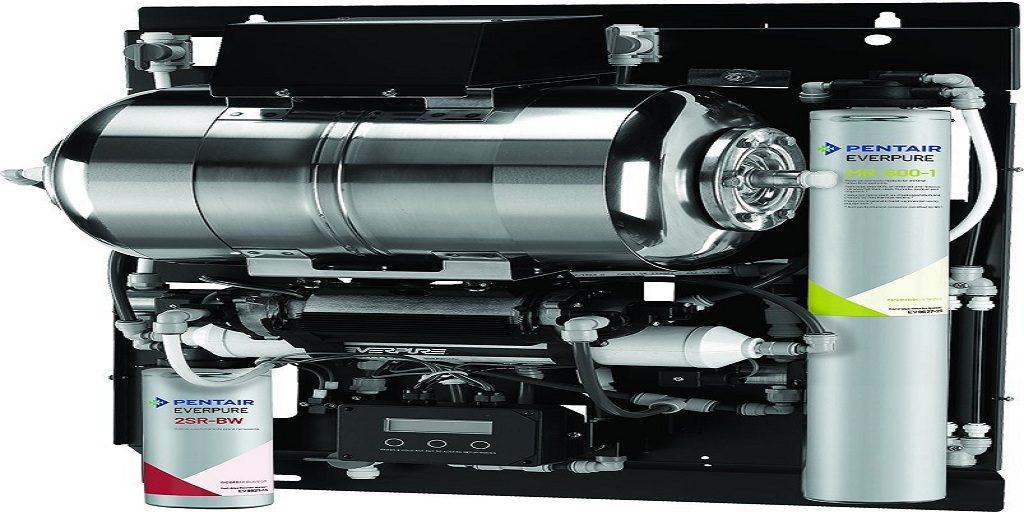Reverse osmosis is a water purification process that removes contaminants from unfiltered water using a semi-permeable membrane to filter out unwanted molecules and microorganisms. Tap water is heavy in mineral content our bodies cannot digest, reverse osmosis does its job and then gets water clean down to a molecular level leaving us with pure drinking water without the taste and odor of the contaminants that cause these issues. Basically, reverse osmosis removes just about everything awful from your drinking water
Significant Water Saving
Tap water is the most affordable drinking water there is. However, it’s not also the best choice for every family not wanting to ingest harmful chemicals that are unsafe especially to pregnant mothers and children. An average household consumes 2 gallons of water a day for drinking and cooking. That’s why most families would switch to bottled water which can really be expensive.
While the onset installation of the best reverse osmosis water filter can be costly, it will still let you save a lot of money over time. Roughly, you will only shell out on the installation of the filtration system and replace its carbon filters every 6-12 months allowing you to stop purchasing those plastic water bottles.
Is reverse osmosis better than distillation?
Reverse osmosis and water distillation are both methods of water purification. Distillation is a process of water purification that involves bringing the water up to its boiling point, allowing steam to condense and fill a tank to use as purified drinking water. The difference in distillation from reverse osmosis is, to purify water, distillation takes a lot of time, room, and energy compared to RO filtration.
With the speed and energy cost, distillation goes way behind reverse osmosis. Although, when water is brought to its boiling point, distillation can remove dissolved solids in water and neutralizes microbes but is far less effective at removing volatile chemicals like chlorine which is very common in tap water.
Does reverse osmosis wastewater?
Usually, with other water filters, 4 gallons of water goes down the drain for every 1 gallon of pure clean water produced. Yes, it is a lot of water wasted but the idea is to find the best reverse osmosis water filter in the market that minimizes the amount of wastewater while increasing the efficiency of the RO system that could still give you a clean and crisp H20. That means more CLEAN water to drink and less WASTE water exits the drain.
What is the best reverse osmosis water filter?
Generally, the reason why people add a water filtration system in their household is to achieve the best water quality and reduce a wide range of contaminants from the water. Installing a dedicated reverse osmosis water filter will most definitely help you fight any infections and waterborne contamination. Everpure RO water filtration systems are designed to do exactly that and more. For the best cooking and drinking water possible, visit www.efilters.net and speak to one of their experts about their water filtration products that might work for you.



